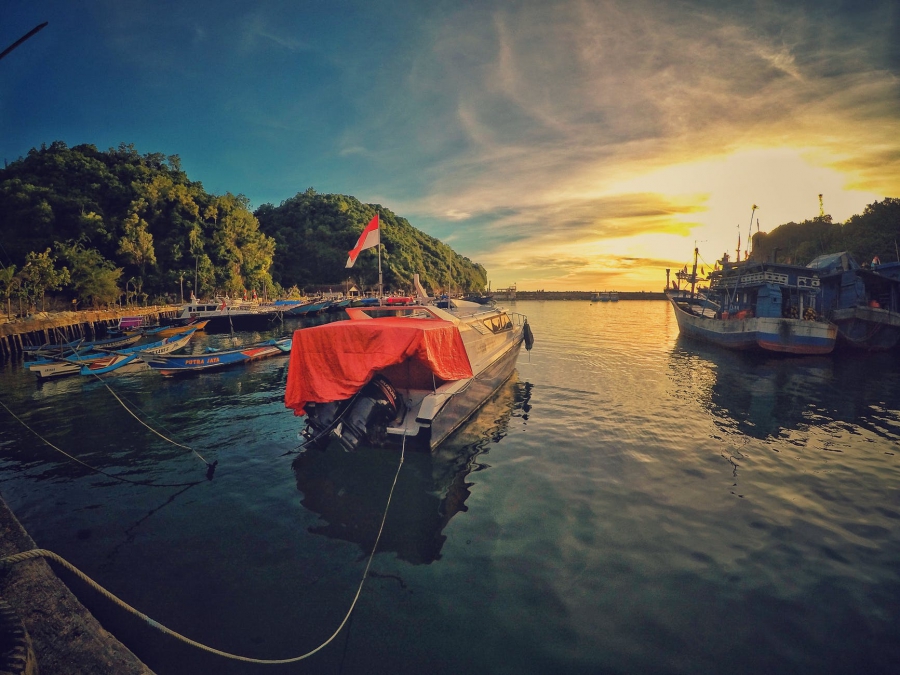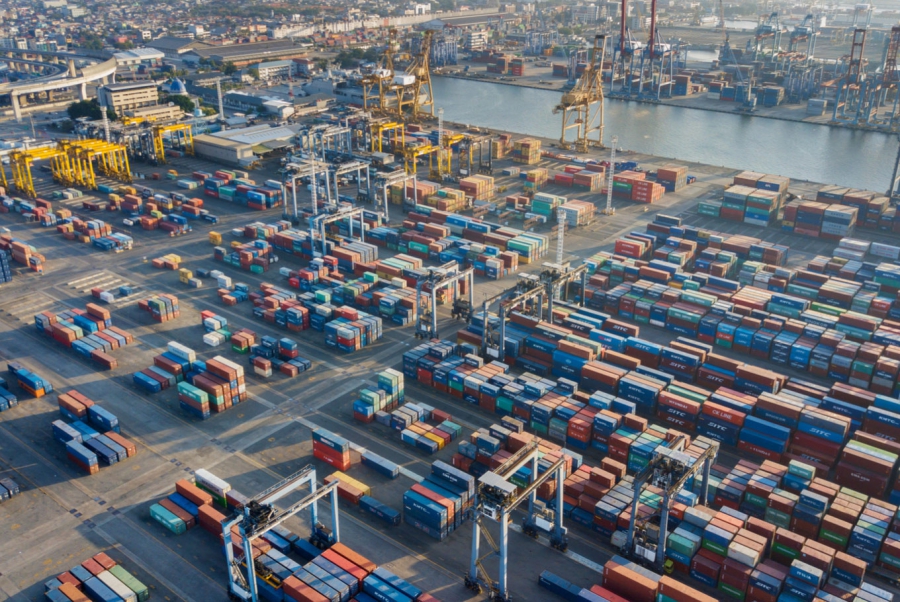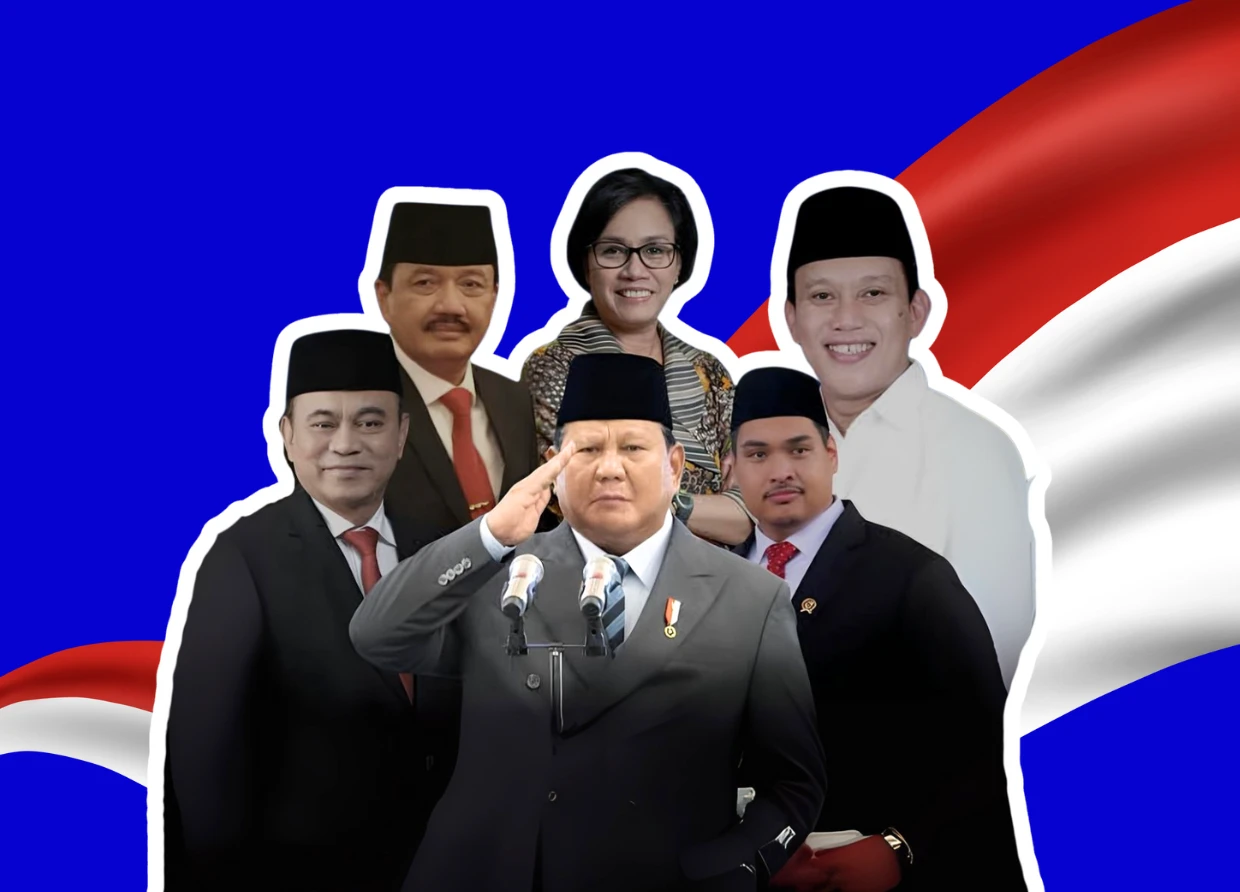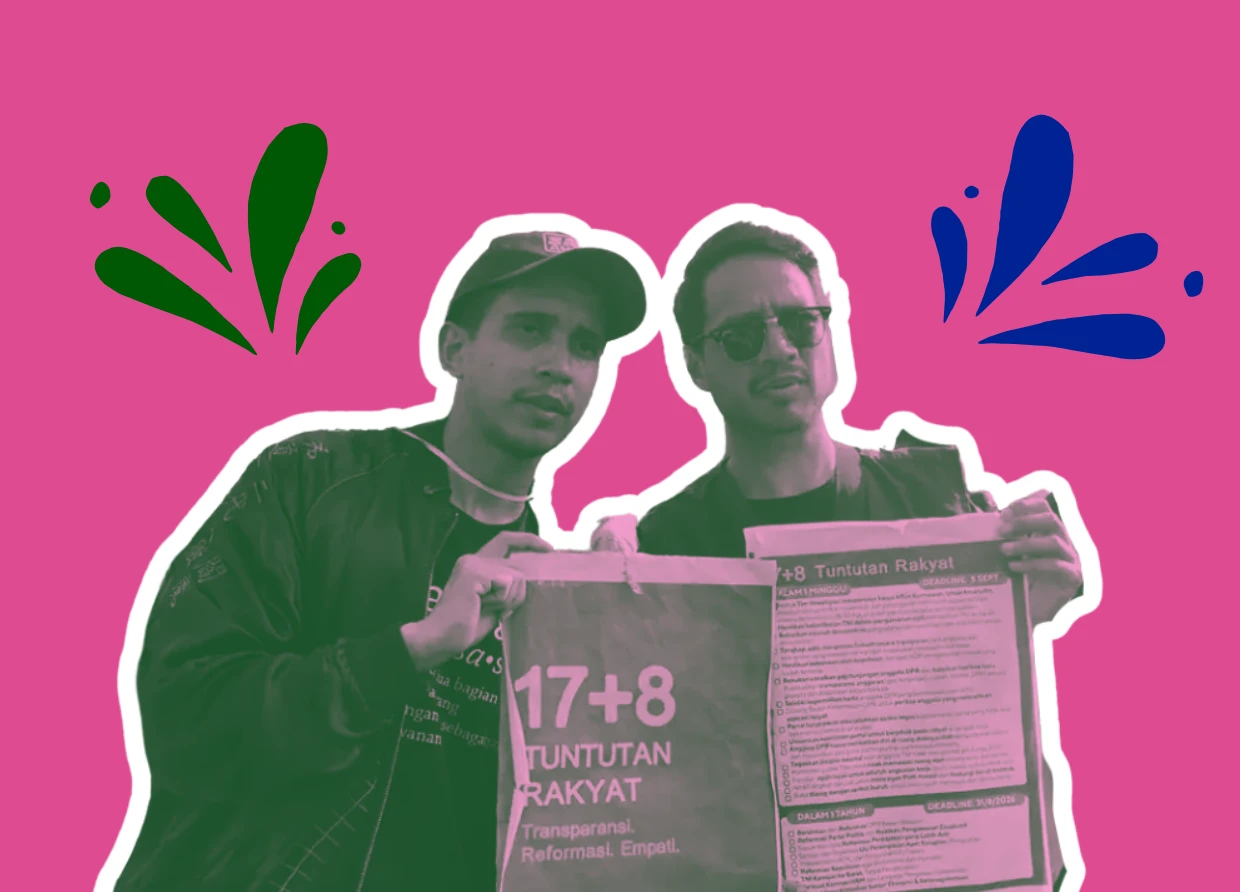WHAT'S NEXT FOR INDONESIA UNDER THE RCEP TRADING BLOCK?
Twelve countries have ratified the Regional Comprehensive Economic Partnership (RCEP), including Indonesia.

RCEP, or the Regional Comprehensive Economic Partnership, has been a hot topic of economic discussion in the last year or so since 15 countries, including Indonesia, signed the agreement in Hanoi, Vietnam, at the end of 2020.
Following a lengthy process that began with initiation, more than 20 rounds of discussion, and the gradual ratification of several member countries in 2021, all forms of RCEP policies and agreements officially take effect and begin on Monday (1/2/2022).
As the country enters a new phase, one thing raises concerns for the community or at least those studying the country's economic field, namely the fact that Indonesia has yet to implement RCEP. Why is this the case?
Not fast enough
Discussing the requirements for ratification of the RCEP, it is known that 12 countries have completed the ratification of the agreement, with the parties in question consisting of seven ASEAN countries, namely Brunei Darussalam, Cambodia, Laos, Thailand, Singapore, Vietnam, and Myanmar, while South Korea, Japan, Australia, New Zealand, and China are categorized as non-ASEAN trading partner countries.

According to the list, three countries, Indonesia, Malaysia, and the Philippines, have not fully ratified the RCEP agreement, preventing it from being implemented in each country.
The issue of not applying RCEP in Indonesia is not without reason, given that Indonesia was one of the countries that initiated the RCEP at the ASEAN Summit in Bali in 2011.
According to Kontan, as of the end of 2021, Indonesia had not yet completed the ratification process, as the discussion on ratification is currently only at the Commission VI level of the lower house (DPR).
However, Airlangga Hartarto, the Coordinating Minister for Economic Affairs, anticipates that ratification will be completed and can be completed during the Plenary Session no later than the first quarter of 2022.
"As a result, we will not go into effect on January 1, 2022. However, it will take effect once the ratification process is completed and the government has promulgated it," Airlangga says.
However, Airlangga assured that Indonesia would benefit from the trade bloc, which is expected to contribute around 30 percent of GDP despite being late to join.
Committed to catching up
Meanwhile, the delay in ratifying the RCEP has undeniably cost Indonesia several opportunities, one of which was the loss of access to new markets.
However, the one-quarter lag is said to be closed if Indonesia can overcome the challenges and commit to realizing research findings that show that after Indonesia joins the RCEP, the country's trade balance surplus will increase by up to 2.5 times the current surplus in 2040.

Indonesia faces a difficult situation, as the country's trade balance will be negative during the early years of RCEP participation. However, according to Andry Satrio Nugroho, Head of Center of Industry, Trade and Investment at INDEF, things might be looking up after that.
"At the very least, we will be behind in a quarter, but we hope to catch up. One of the major challenges, in my opinion, is to achieve a fairly large surplus by 2040," Andry told Bisnis Indonesia.
In line with these conditions, another factor that should not be overlooked is the increasingly fierce competition for small-scale business actors in Indonesia, especially given the expanded access to the same export-import market enjoyed by other RCEP members.
Shinta W. Kamdani, Coordinator of Deputy General Chair III of the Indonesian Chamber of Commerce for Maritime Affairs, Investment, and Foreign Affairs, said if the country's competitiveness cannot be maintained or improved, participation in RCEP may harm Indonesia's export performance.
The RCEP's Benefits for Indonesia
When it comes to benefits, the main advantage of RCEP is that it simplifies FTA (free trade agreement) rules. Only one type of Certificate of Origin (SKA) will be used throughout the RCEP area under this mechanism, reducing trade costs. Although it is referred to as a more modern trade block agreement than an FTA, it must be understood that it will be implemented in stages.
According to the Ministry of Economy's explanation, the RCEP Agreement will be implemented gradually, with a tariff elimination scheme of 65 percent when it enters into force (Entry into Force/EIF) in 2022, then 80 percent at EIF+10 years, and 92 percent at EIF+15-20 years.

Nonetheless, the stipulation will provide numerous benefits, particularly in terms of trade rule certainty and uniformity, a more conducive investment climate, increased business opportunities for goods, services, and investment, and strengthened integration into the Regional Value Chain (RVC).
Furthermore, it is explained that RCEP member countries have become significant participants in the Indonesian economic cycle, with 56 percent of Indonesia's export destination countries being RCEP member countries and member countries being within 65 percent of the primary import sources in terms of imports.
Meanwhile, in the investment sector, it is estimated that 72 percent of FDI entering Indonesia in 2020 would come from RCEP member countries, namely Singapore, China, Japan, South Korea, and Malaysia.
Based on these conditions, Indonesia is expected to attract more Foreign Direct Investment with the help of RCEP investment facilities, technology transfer, and investment legal certainty.
#THE S MEDIA #Media Milenial #indonesia RCEP trading block



























